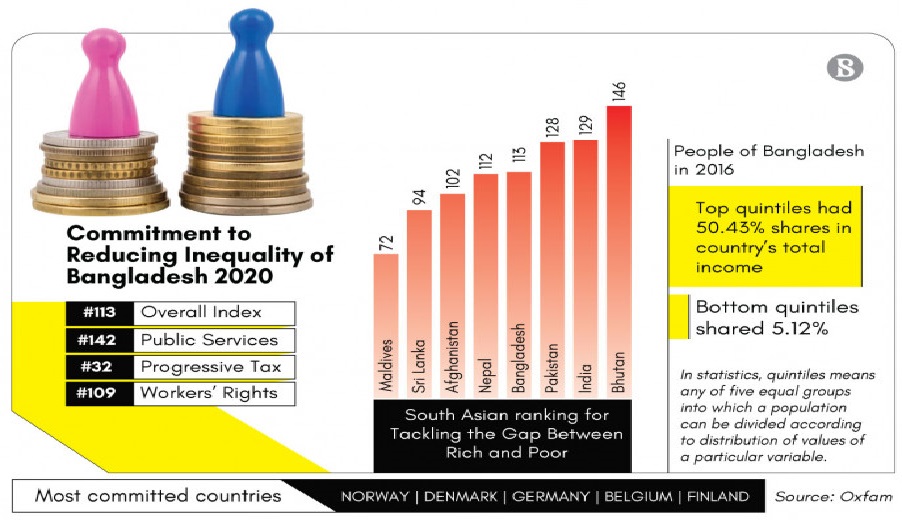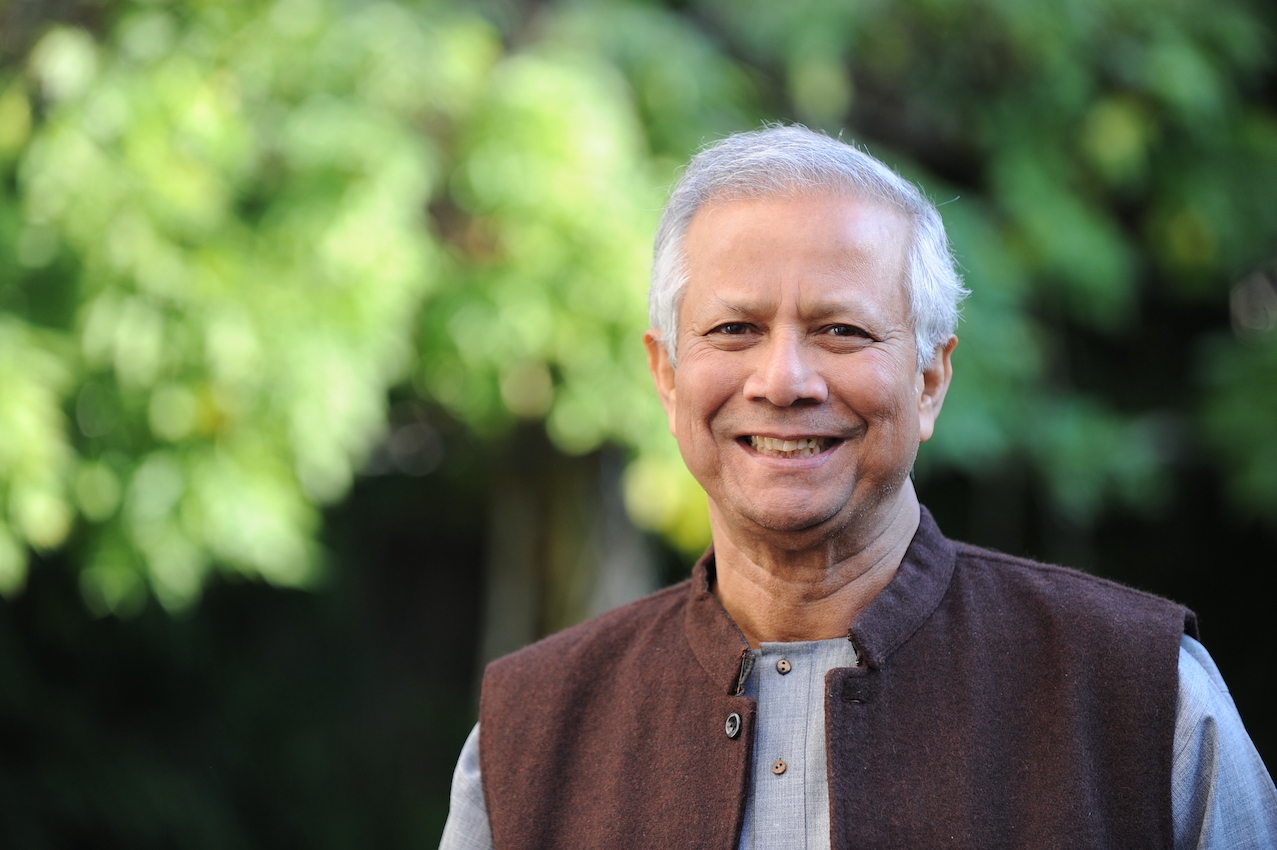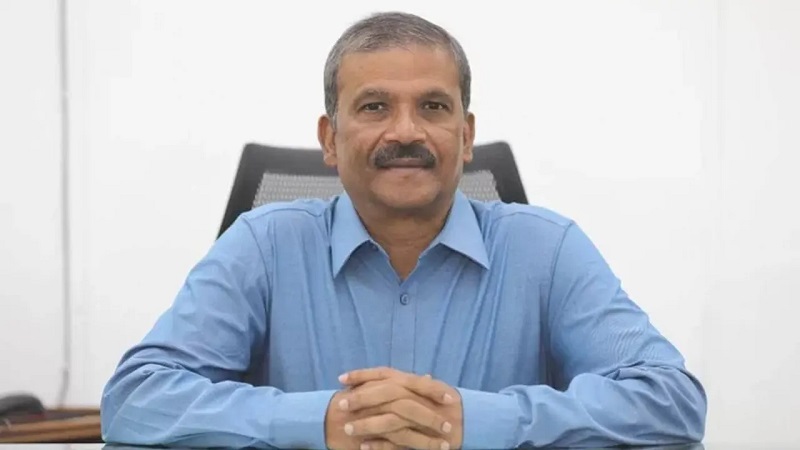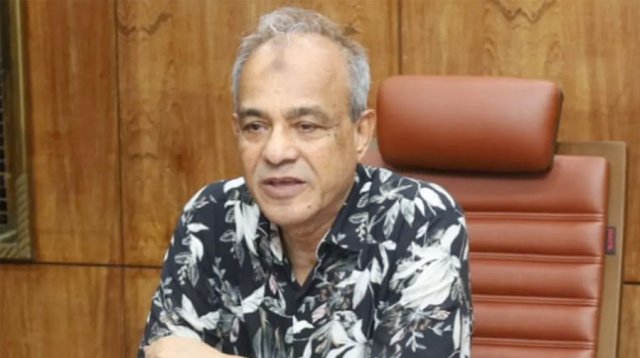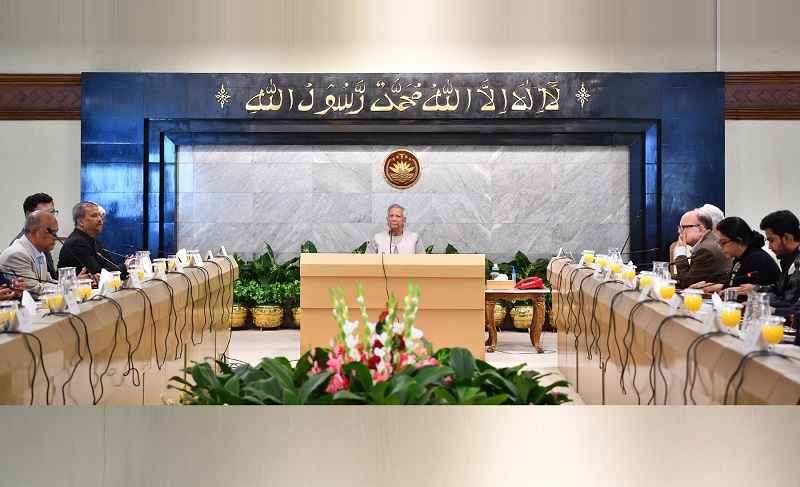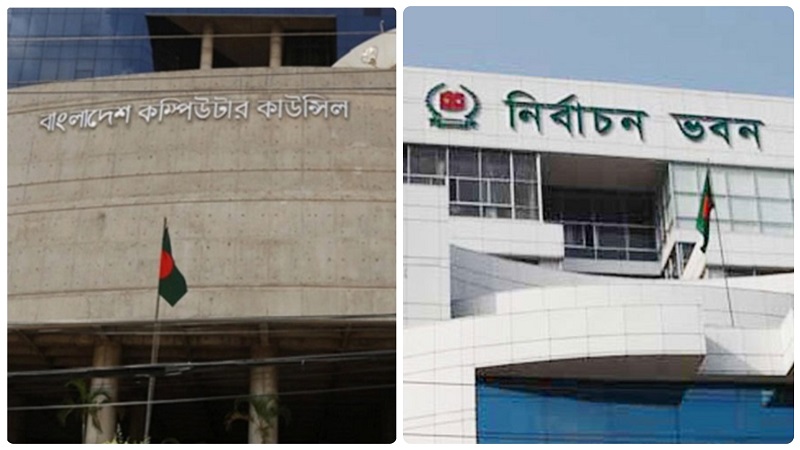Lower public spending and fewer services for the poorer section of the population have held Bangladesh back from reducing overall inequality in the society, according to a global report.
In public services, Bangladesh has ranked 16th from the bottom among 158 countries worldwide, reveals the Commitment to Reducing Inequality (CRI) Index 2020 – a global ranking of governments based on what they are doing to tackle the gap between the rich and poor.
However, Bangladesh's performance has improved substantially in the overall ranking by moving up 35 notches to 113th place from its overall position last year at 148th.
Regionally, Bangladesh has ranked fifth among eight South Asian nations, ahead of Pakistan (128th), India (129th) and Bhutan (146th) on the CRI Index. However, the Maldives (72nd), Sri Lanka (94th), Afghanistan (102nd), and Nepal (112th) have performed better than Bangladesh.
The CRI Index 2020, of Oxfam and Development Finance International, was prepared based on countries' performances in three key pillars – public services, tax progressivity and labour and wages. The third edition of the index was published on October 8, 2020.
The report explains that Bangladesh spends relatively less on three key public service areas – education, health and social protection – with the health sector receiving an allocation of slightly over 5% of the national budget.
The country spends a relatively high amount on education – 14.63% of its total budget – among the three areas, but the 2014 data shows the upper secondary completion rate among the country's poorest quintile is only 3.73%. The overall higher secondary completion rate is nearly 19%, though.
Meanwhile, Bangladesh has improved significantly in tax progressivity, moving up to 32nd from 103rd, mostly thanks to the 35% statutory corporate tax rate.
However, the country has struggled in labour and wages as most of its labour force is involved in the informal sector without social protections.
Even in the "labour and union rights" component under the third pillar of the ranking, Bangladesh (148th) has been bracketed with the bottom 10 countries.
On the country's poor performance in public services, Dr Ahsan H Mansur, the executive director of Policy Research Institute – a local think tank – said social safety programmes or labour rights law cannot address inequality reduction properly although these are needed to save the poor and protect employment.
Emphasising two components: tax policy and good governance, he said, "Firstly, we need to address tax policy to ensure the rich are paying tax properly and the wealth and income is redistributed."
"Through good governance, secondly, we need to reduce corruption and bribery where sources of illegal income and wealth accumulation are not properly addressed. Due to these, our business environment is obstructed," he added.
Further, Dr Mansur mentioned it needs to promote education to increase access to income.
Nevertheless, the report mentions Bangladesh has responded to Covid-19 through payments of bonuses amounting to $11 million for health workers and the inclusion of 24 million people in social protection schemes.
Norway has topped the CRI 2020 Index, and is followed by: Denmark, Germany, Belgium, and Finland.


